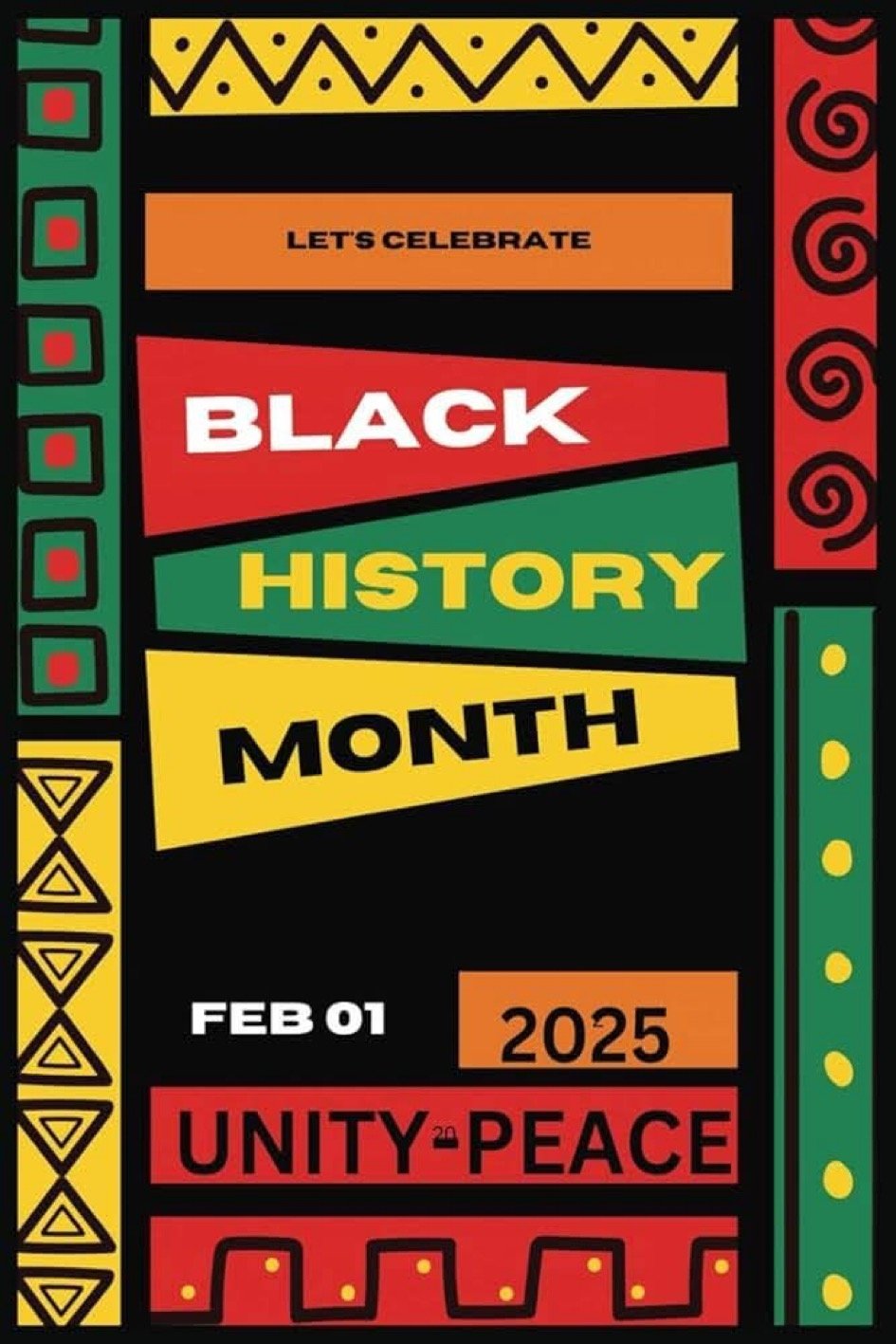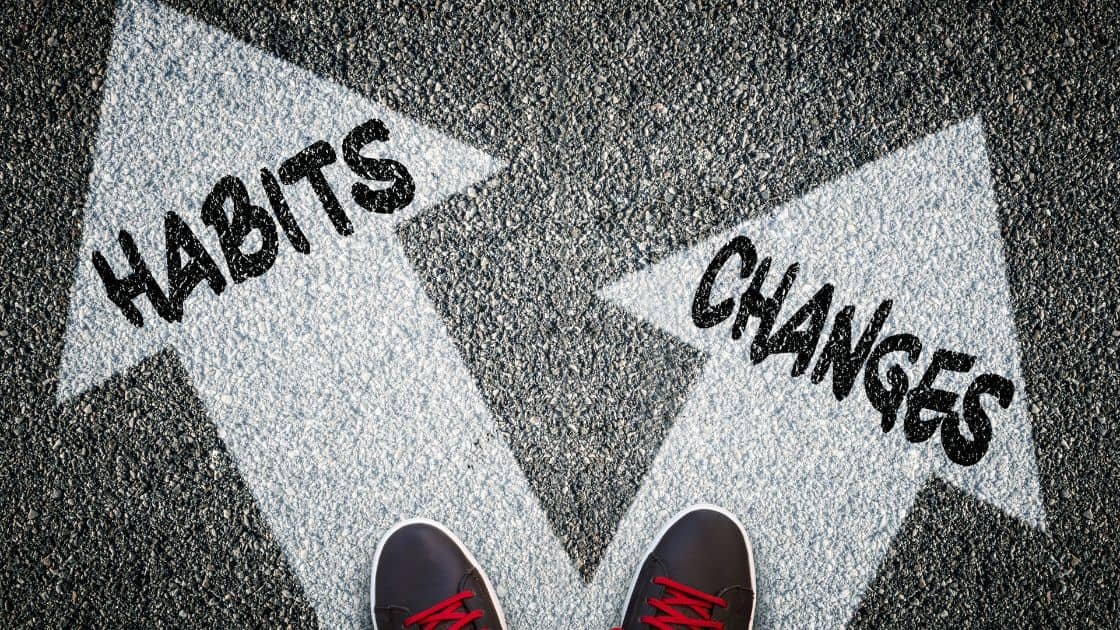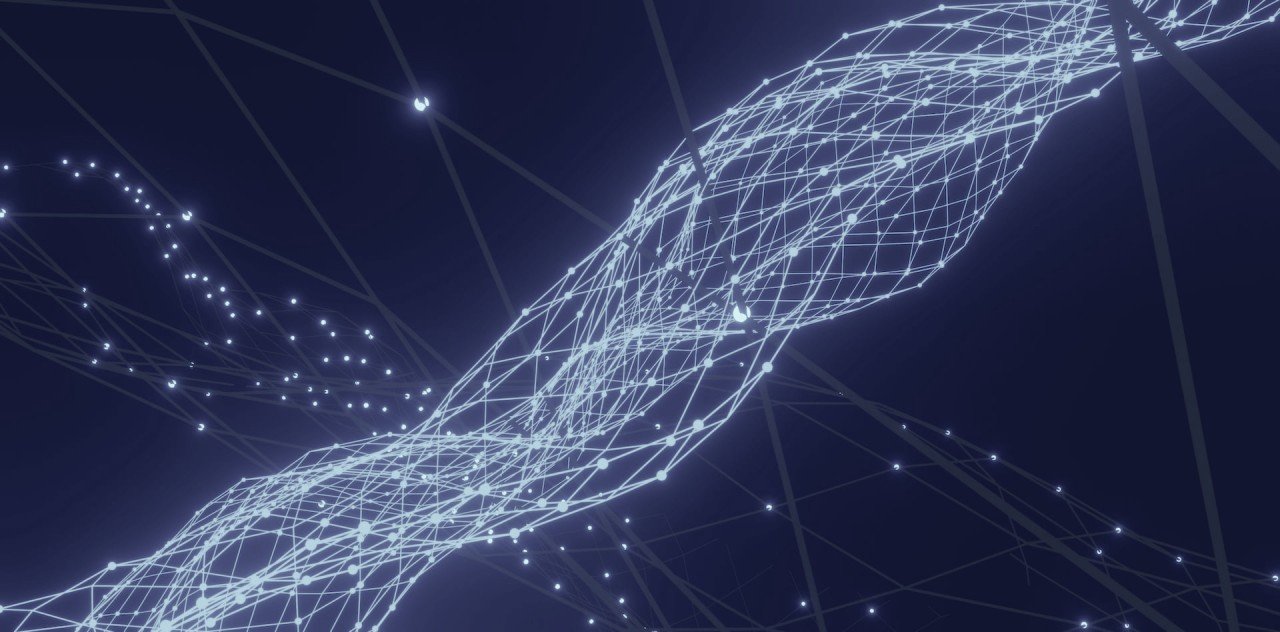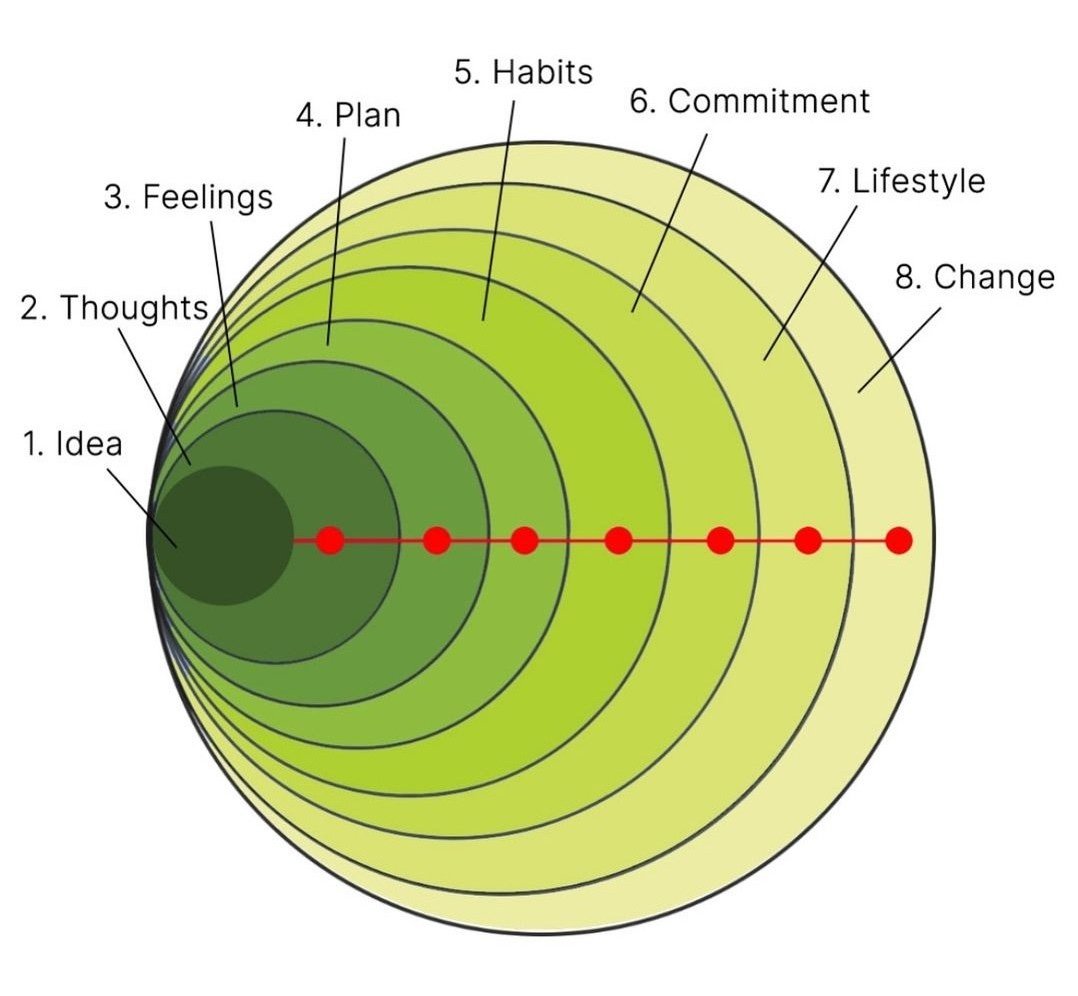I recently came across the term Main Character Syndrome (MCS), and it immediately caught my attention. At first, I laughed it off, thinking about those overly dramatic Instagram or TikTok videos where people romanticize their daily coffee runs or city walks as if they’re in a coming-of-age film. And the more I thought about it, the more I realised, we all have a little bit of MCS in us. It can show up in different ways: over-dramatising life events, narrating experiences in a cinematic way, or even seeing friends and colleagues as “supporting characters” rather than individuals with their own lives. I think if we are all the main characters in our own stories, let’s just make sure we’re not forgetting everyone else in the cast.
Take ownership
When we talk about who feels safe, we need to consider those most at risk of harm. Safety isn’t a privilege, it’s a right. Yet, time and time again, marginalised people are left out of the conversation. Where are the free speech advocates when it comes to calling out injustice? I remember a young woman who was sexually harassed at work by her boss. She felt powerless, unheard, but I couldn’t stay silent. I took action, spoke to the right people, stood by her, and made sure her voice was heard. I’m sure if this happened today, I would probably be cancelled. What do you think?
This too shall pass
Question.
Exchange views.
Speak your mind.
Do not be dictated to.
Do not tolerate injustice.
Do not tolerate ignorance.
Look for different viewpoints.
Keep your mind open to change.
““You will continue to suffer if you have an emotional reaction to everything that is said to you. True power is sitting back and observing things with logic. True power is restraint. If words control you that means everyone else can control you. Breathe and allow things to pass.””
The price we pay
Apparently free speech a privilege rather than a right, and free speech is only granted if we approve of what is being said. As non-white individuals living in Europe, many of us feel this conditionality firsthand. If we don’t stick to the script, expressing gratitude and happiness for simply being here, then we’re told to leave, to "go back to where we came from." This is what I mean when I speak about privilege and inequality. How would you behave if your immigration status depended on it?
““Your visions will become clear only when you can look into your own heart. Who looks outside, dreams; who looks inside, awakes.” ”
Sound familiar
Rum, often associated with the Caribbean, was actually created by enslaved Africans on sugar plantations who discovered how to ferment molasses into alcohol. It became a cornerstone of the economies during the transatlantic slave trade, fuelling a cycle of exploitation that enriched others while oppressing those who made it possible.
Ramadan Mubarak
I would like to extend my warmest wishes to everyone around the world who is celebrating the holy month of Ramadan.
Masculinity debate
My journey of healing and growth as a man isn’t bound by society’s narrow definitions of people who look like me, because those definitions have always been limiting. I was raised in a world that measures masculinity by culture’s rigid standards, where strength is defined by the ability to provide, protect, and procreate. When a man excels in these areas, he is granted power, and with power comes privilege. I think true masculinity, true strength, goes beyond these checkboxes, it lies in the courage to redefine ourselves on our own terms. Where displaying kindness and vulnerability should not be seen as weakness.
Tonight, the Brotherhood for Professionals of Color (BPoC) will have our long-awaited panel debate: “Redefining Masculinity: Pathways & Perspectives” at the Nordea HQ in Copenhagen.
Venus in Næstved
““Being a stereotype - gives you something to break.””
Venus Williams was in Næstved yesterday to promote her new book, “Strive: 8 Steps to Find Your Awesome” and my friend, Adama did an exceptional job as the moderator. Venus is kind and humble with a wonderful sense of humour. Many thanks to ProWoc (Professional Women of Colour) for the invitation.
Yes We Can
Barack Obama can be considered an outsider in multiple ways, depending on the context. Initially, he was a political outsider, but as the first Black president of the United States, his outsider status extended beyond politics. His "Yes We Can" slogan positioned him as a challenger to the status quo, yet once in office, he had to navigate and work within the very system he sought to change. Even after leaving office, he remains a transformative figure, continuing to challenge conventional thinking on issues of race, democracy, and global leadership.
Obama’s outsider status was both a strength and a challenge. It helped him mobilise new voters and inspire change, but it also made him a target for those resistant to shifts in power and identity. His presidency serves as a powerful example of how outsiders can redefine the system—if they can successfully navigate the resistance that comes with it.
Black History Month 2025
““A people without the knowledge of their past history, origin and culture is like a tree without roots.””
Understanding identity
©Monika Aichele c/o The New York Times
When the perception of an external existential threat fades, we often rally around our shared values and beliefs as a nation. It becomes easier to define and quantify what we stand for when we can clearly see what we stand against. However, in the absence of an external adversary, it becomes challenging to articulate our core values. This can lead us to search for something – anything - to oppose, as a way of understanding and reaffirming our identity. I think that when no external threat exists, we turn inward, leading to infighting within our own borders, as we lose the unifying force of a common external challenge to bind us as a tribe.
Building systems
A few weeks ago when I was in London, I heard this statement: “You don’t rise to the level of your goals; you fall to the level of your systems.” I thought it was time to take a deeper dive.
If you’re struggling to improve a situation, the issue isn’t you, it’s your system. Change doesn’t fail because we lack the desire to change; it fails because we’re working with the wrong system. We are often told to be more ambitious, set bigger goals, or think bigger. While thinking big has its place, setting a goal is actually the easy part. The hard part is building a system of behaviours that consistently move you toward that goal. A goal is simply a desired outcome, a target, and on the other hand, your system is the collection of daily habits you follow. I think if there’s ever a gap between your goal and your system, your daily habits will always win. By definition, your current habits are perfectly designed to deliver your current results.
Why is this so hard?
Illustration @clinpsych_ind
What I’ve learned about company and team culture is that it begins with a mission. From the mission, you define the behaviours needed to achieve it and the values required to support those behaviours. You then build the people, processes, and systems around those values. To sustain the culture, you must ensure these values are lived every day, including hiring people who align with them.
Social constraints
Race may be a social construct, but racism is a very real system. If we think of racism as a system, it becomes clear that its operation doesn’t depend on who is in charge. Whether the hands steering it are Black, brown, or white, the system continues to function as designed. In the West, the individual successes of middle-class Black people are almost always deeply connected to the collective struggles and advances made by working-class Black communities. Yet, paradoxically, it is often the working-class Black individuals who see the least benefit from these advances.
““There is an understanding of diversity as the difference that brings no difference and the change that brings no change.””
RIP Quincy Jones
The world has lost an extraordinary genius whose impact on music is both timeless and unmatched. Quincy Jones was more than a producer; he was a visionary who shaped the soundscape of each era from the 1940s to today. I don’t think words alone can’t capture the depth of his influence. His mastery is woven into the fabric of countless genres, leaving a legacy that spans jazz, pop, funk, and beyond. No other figure in musical history has curated a more celebrated body of work or commanded such universal respect. From iconic arrangements to pioneering productions, each decade bears his indelible mark. His crowning achievement, Michael Jackson's “Thriller,” remains the best-selling album in history, a feat driven by Quincy’s unparalleled craftsmanship. The world has truly lost a genius in the purest sense of the word. Quincy Jones didn’t just create music; he defined it, forever changing the art and its possibilities.
Using reflective inquiry
Have you ever thought about the role culture plays in coaching?
As a coach who was born and raised in London with Jamaican heritage, I developed a deep appreciation for cross-cultural understanding and respect from birth. This background has shaped how I approach my sessions, with both curiosity and an open mind. I’m always focused on what’s most important to my clients, often asking, “What can we bring into this session to support your journey of deep reflection?” I encourage clients to incorporate any cultural or traditional elements that help them feel more connected and grounded to ensure each conversation is a powerful and meaningful experience.
Get rich quick schemes
The promise platforms like TikTok and YouTube make: “Spend hundreds of hours creating content for us for free, and there’s a one-in-a-million chance you’ll become famous.” These odds aren’t in your favour, and I think that it’s a game best avoided. Sure, someone may become famous, but it’s unlikely to be you, after all, we already have the Beckhams and the Kardashians. The real winners are the companies hosting your content; your unpaid labour is making them extremely wealthy. “Too good to be true” strategies rarely pay off in the long run, and I, for one, am not signing up for that game.
The burden of the good guy
When decision-making is reduced to an algorithm, formula, or procedure, the risk of blame is minimised, essentially, the system says 'no.' People tend to favour codifying processes, making them numerical, and turning them into optimisation problems with one 'right' answer. However, this approach narrows the range of potential solutions, leaving little room for debate or alternatives. I think the burden of this rigid approach often falls more heavily on the recipient than on the sender.
Give people space
I’m rarely the smartest person in the room, nor the best looking or the funniest. So, I just say what I need to and then step back, making space for others. My goal is to amplify the voices of those who have been marginalised or pushed aside. While I do care about how I’m perceived, I’m far more concerned about my purpose. On one hand, I want to give a voice to important issues. and on the other, I don’t want the focus to be on me. I hope my work continually challenges the stereotypes and biases about people who look like me.
How is change created?
Key questions for change:
What specific change are we trying to make?
Who are we aiming to influence?
Given our agreed-upon constraints and goals, is there a better path forward to reach our destination?
To proceed, we need clarity on the following:
Constraints:
What are the limitations or boundaries we’re operating within?Objectives:
What are the precise goals we are working toward?Target Audience:
Who are we trying to affect or change?
Without alignment on these key points, productive conversation becomes difficult. If we’re not on the same page, we risk revealing that we’re metaphorically on different journeys (or buses), heading in different directions. Contact me via email for a confidential conversation about your journey.





















